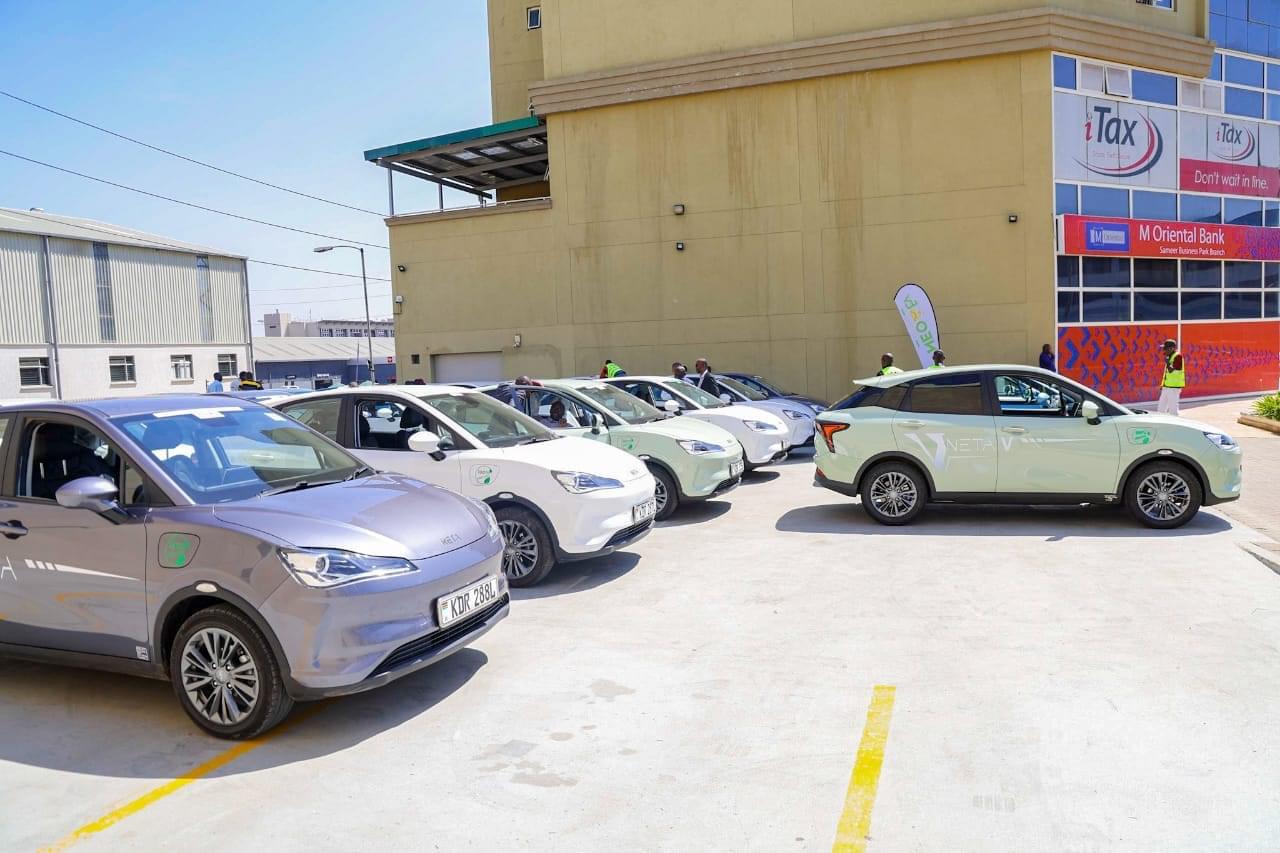By George Song’e
Micheal Friedman, one of the top economists of the 20th Century opined that, only a crisis-actual or perceived-produces real change. Further, he asserts that available ideas are always options for solving problems in a crisis. In Kenya, the push and pull surrounding commissions paid to drivers in various taxi apps has been going on for years. On several occasions, drivers have gone on strike protesting the low commission margins as they struggle to make ends meet. The strikes not only disrupt operations but also inconvenience commuters.
Consequently, major players in the industry like Uber and Bolt have opted to increase fares to cushion the drivers against growing inflation. The commuter ends up bearing the cost. This cost has a domino effect on the cost of doing business.
One of the major cost components that gives rise to conflict between drivers and ride-hailing services is the cost of fuel. Recently, Uber in Nigeria increased fares by 13% following a fuel price hike. This has been the trend in the industry- adjusting fares according to the cost of fuel. Electricity tariffs are more stable in countries like Kenya, providing e-mobility opportunities. Indeed, EPRA in response to stakeholder requests introduced the e-mobility tariff in April 2023. With as low as 8 shillings per KWH night/off-peak rates, the tariff aims to increase electricity uptake at night. Our current night consumption is about 1100MW which is 30% of our generation capacity.
The electric boda boda space has lower fares. The reduced fare is due to the lower running costs of an electric motorcycle compared to its petrol-fueled counterparts. The same model can be replicated in cars. The growth of e-mobility has seen a rapid increase in low-range mini-electric vehicles that have dominated intra-city travel in many countries. These basic vehicles are affordable with prices ranging from between 4000-9000usd per unit. They have a range of 200-300km per single charge and maximum speeds of 70-100km/h. These characteristics endear them for use in the taxi business.
In China, Shenzen has close to 20000 electric taxis. These taxis represent over 95% of the registered taxis in the southern city. In addition to being environmentally friendly and cost-effective, electric taxis will significantly reduce the amount of fossil fuels consumed locally. The ripple effect is a reduction in Kenya’s monthly importation bill of fossil fuels which is currently approximately 500 million USD.
The public transportation sector needs to be electrified for our country to reduce its carbon footprint. As the prime consumer of fossil fuels the decarbonization of transport should be a top priority. This can happen if the government provides tax incentives thus reducing the importation cost of mini-electric cars. There needs to be deliberate promotion of investments in the assembly of electric vehicles in Kenya. Indeed, the recent announcements from Chery and Neta to assemble their brands locally will boost our e-mobility sector and provide numerous job opportunities.
The jigsaw puzzle is not complete without the charging infrastructure. Investments in charging infrastructure require the provision of fiscal and non-fiscal incentives. Fiscal incentives can include tax benefits on the CAPEX and no fiscal can be the provision of government land for the setting up of charging stations. Shopping malls and housing establishments should be mandated to provide electric vehicle charging stations. The stations need to be supported by a reliable and robust electricity supply.
For there to be social acceptance we need to ensure that there is enough information sharing in the public domain. The private and public sectors have a role to play in demystifying e-mobility and creating an enabling environment for its growth.
Nairobi, like Shenzen, can take the lead in electrifying its taxis. This ecosystem has numerous benefits to the government, operators, and consumers.

